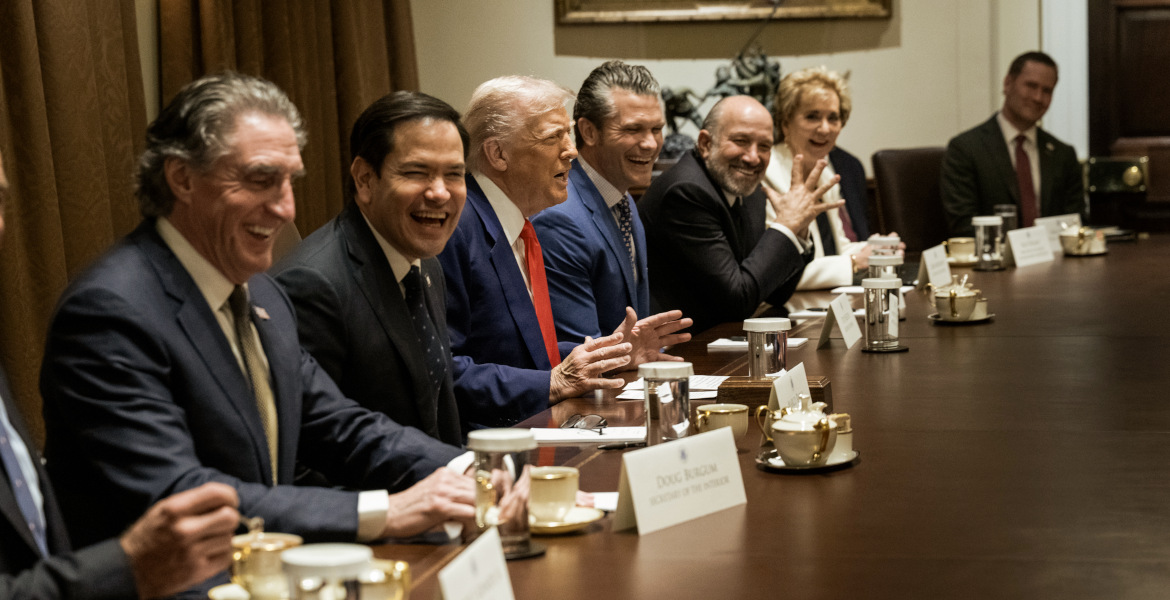Mark Zuckerberg, CEO of Facebook and Instagram’s parent company Meta, announces that it will stop fact-checking posts on both platforms and move to a user-driven system.
Zuckerberg also blames politicians and the media for forcing such widespread censorship, saying it is now time to “restore freedom of expression“.
– We’re going to get back to our roots and focus on reducing mistakes, simplifying our policies and restoring free expression on our platforms. More specifically, here’s what we’re going to do. First, we’re going to get rid of fact-checkers and replace them with community notes similar to X, starting in the US, the billionaire states in a video clip.
He also admits that Trump’s election win played a big role in the decision, while criticizing “governments and legacy media” for pressuring the company to “censor more and more”.
– The recent elections also feel like a cultural tipping point towards, once again, prioritizing speech.
The Facebook CEO also acknowledges that the sophisticated systems created to moderate the platforms do not work well and lead to an unreasonable censorship of content that does not violate any rules at all.
– The problem with complex systems is they make mistakes. Even if they accidentally censor just 1% of posts, that’s millions of people, and we’ve reached a point where it’s just too many mistakes and too much censorship.
“A trade-off”
Some content guidelines will also be removed, for example on immigration and LGBT issues. This is interpreted as meaning that in future it will be possible to discuss these topics more freely and to hold dissenting views – without risking being suspended or censored as easily as before.
The content filter will also be modified, it says, and set so that posts are not deleted as easily and arbitrarily as before.
– The reality is that this is a trade-off. It means we’re going to catch less bad stuff, but we’ll also reduce the number of innocent people’s posts and accounts that we accidentally take down, Zuckerberg continues.
In recent years, censorship on Facebook has been extremely widespread and it has often been difficult to discuss political or other topics without risking censorship. According to analysts, the reason for Meta’s reversal is that Mark Zuckerberg wants to improve relations with President-elect Donald Trump and his administration.
Trump himself has been banned from both Facebook and Instagram for years – but was welcomed back this summer when it became clear that he would again be the Republican presidential candidate.








